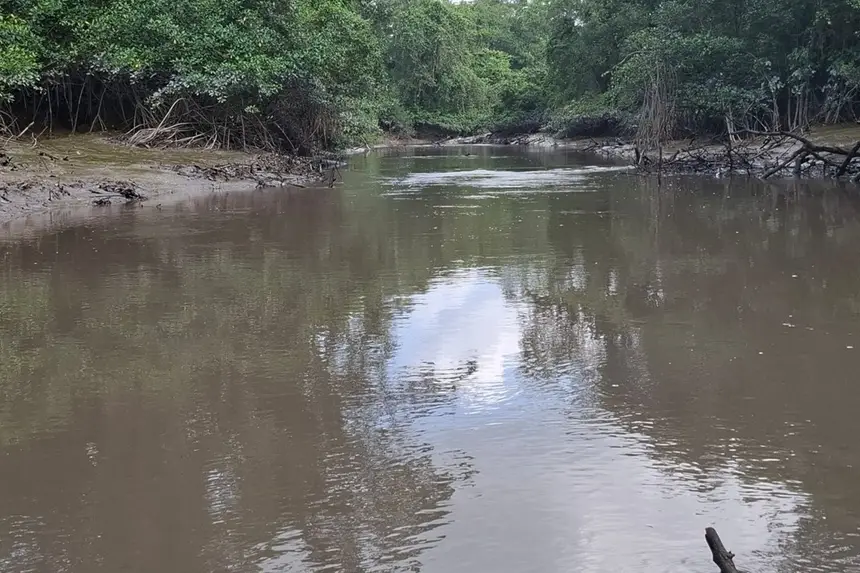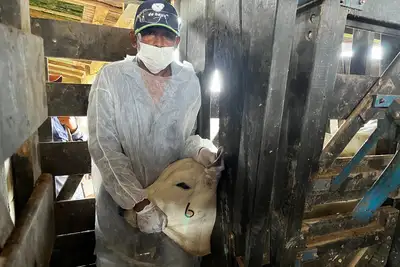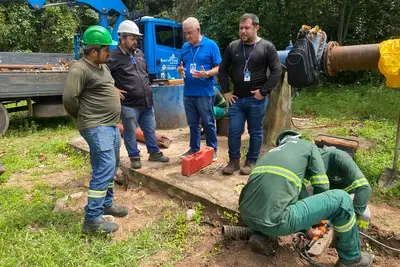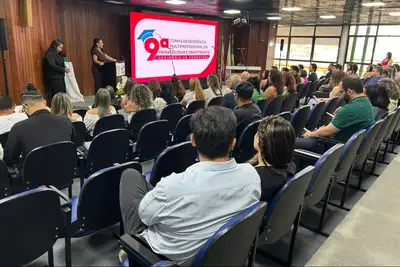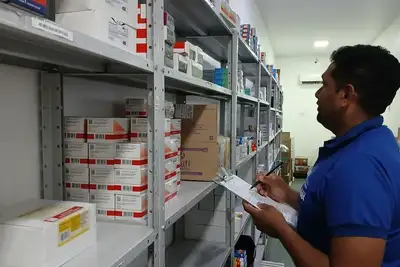Technological innovation fosters sustainable production of the Amazon river shrimp
In Pará, the research group on the subject is supported by the Amazon Foundation for the Support of Studies and Research of Pará (Fapespa), through the Amazon +10 Initiative
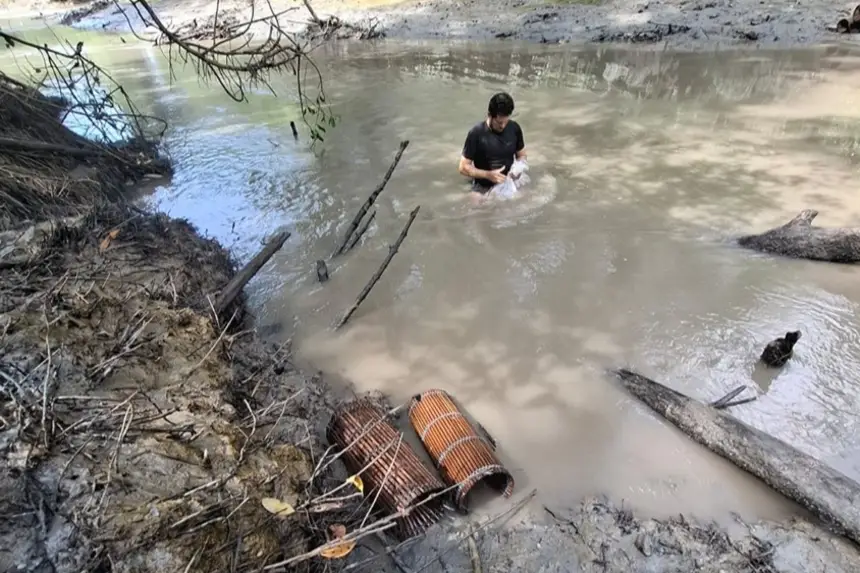
Over the years, Macrobrachium amazonicum, popularly known as the Amazon river shrimp, has established itself as a promising alternative for sustainable aquaculture in the Northern region of Brazil. Its rapid growth, high reproduction rate, and hardiness make it the ideal species for cultivation in small and medium-scale systems, generating jobs and income for riverside communities and family producers. In this context, and with the proposal to stimulate the rational and sustainable exploration of the species, the "Network for Innovation and Technology Transfer for Sustainable Production of the Amazon River Shrimp by Traditional Communities" was created.
Involving research institutions from Pará, Amapá, Rio de Janeiro, and Paraná, the project aims to contribute to advances in sustainable development for the Amazon, seeking solutions for critical points in the production chain of the Amazon river shrimp and transferring technology to communities. In Pará, the research group is supported by the Amazon Foundation for the Support of Studies and Research of Pará (Fapespa), through the Amazon +10 Initiative.
According to Cristiana Maciel, a professor at the Federal University of Pará (UFPA) and project coordinator in the State, "Specifically, the research group in Pará has invested in uncovering critical points regarding the stocks of the Amazon river shrimp and the characteristics of growth, distribution, in addition to generating nutrigenomic data (the area of nutrition that studies how nutrients from food and other bioactive compounds affect human gene expression), to assist and guide nutrition trials. All this using next-generation tools to transfer technology in an accessible way to anyone with internet access and a mobile phone."
Thus, the series of videos showing all stages of cultivation is available on this website, developed by the Laboratory of Bioinformatics, Development, Application, and Technology Transfer for Aquaculture (BioDATTA) and the Aquaculture Laboratory (Laqua) of UFPA, from the Bragança campus. The site also presents other projects from the laboratories related to the sustainable development of the Amazon river shrimp.
Technology Transfer – According to Cristiana, the project has been contributing information about the distinct genetic stocks of the Amazon river shrimp, with well-structured populations that impact the zootechnical potential and management plan of the species. The data has already resulted in an article published in one of the most internationally renowned journals: Nature (Scientific Reports). Another article, recently accepted, determined the point in the Amazon where the growth pattern of the animals changes, accompanied by molecular data.
According to the professor, a protocol for moderate sedation, for a long period, for juvenile shrimp was also developed, in a safe strategy, using essential oils. "Based on clues obtained from the sequencing of the functional genome of the species, we developed trials and verified the possibility of the species utilizing fibrous products of animal and plant origin," she explains.
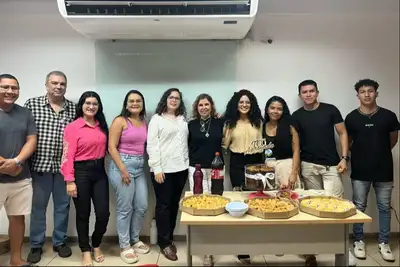
Another finding obtained from the analysis of the functional genome of the animals' digestive system was the indication that the species exhibits digestive plasticity. This set of data can contribute to the development of a diet targeted at the species, based on high-tech tools. The coordinator also explains that contributing information about the Amazon river shrimp can result in innovations for cultivation technology, related to nutrition and the selection of breeding stock.
"In addition, we are training highly qualified individuals to work in the Amazon. With the support of the project, we completed the supervision of a post-doctorate, a doctorate, two master's degrees, and several undergraduate research students. Three post-doctorate supervisions, three doctorate supervisions, and one master's supervision, in addition to undergraduate research, are currently underway. This team is prepared to contribute to the development of the State, as they have acquired the technology generated by the project and will soon enter the job market," highlights Cristiana.
Amazon +10 Initiative – The Amazon +10 is an initiative of the National Council of State Foundations for the Support of Research (Confap), of which Fapespa is a part, and the National Council of Secretaries for Science, Technology, and Innovation (Consecti), in partnership with the National Council for Scientific and Technological Development (CNPq). The program supports projects that promote sustainability and socioeconomic development in the Amazon region. "The Amazon +10 initiative was a brilliant idea, as it brings together researchers from different parts of Brazil to work on the sustainable development of the Amazon," emphasizes Cristiana.
"The Bioamazon Valley launched by Governor Helder Barbalho in New York shows the path we must follow to add value to the products of our biodiversity through research and innovations. Through the Amazon +10 Initiative, Fapespa supports this project that brings important advances to the production chain of the Amazon river shrimp," emphasizes Fapespa president Marcel Botelho.
Text: Beatriz Rodrigues, intern, under the supervision of journalist Manuela Oliveira – Ascom/Fapespa



